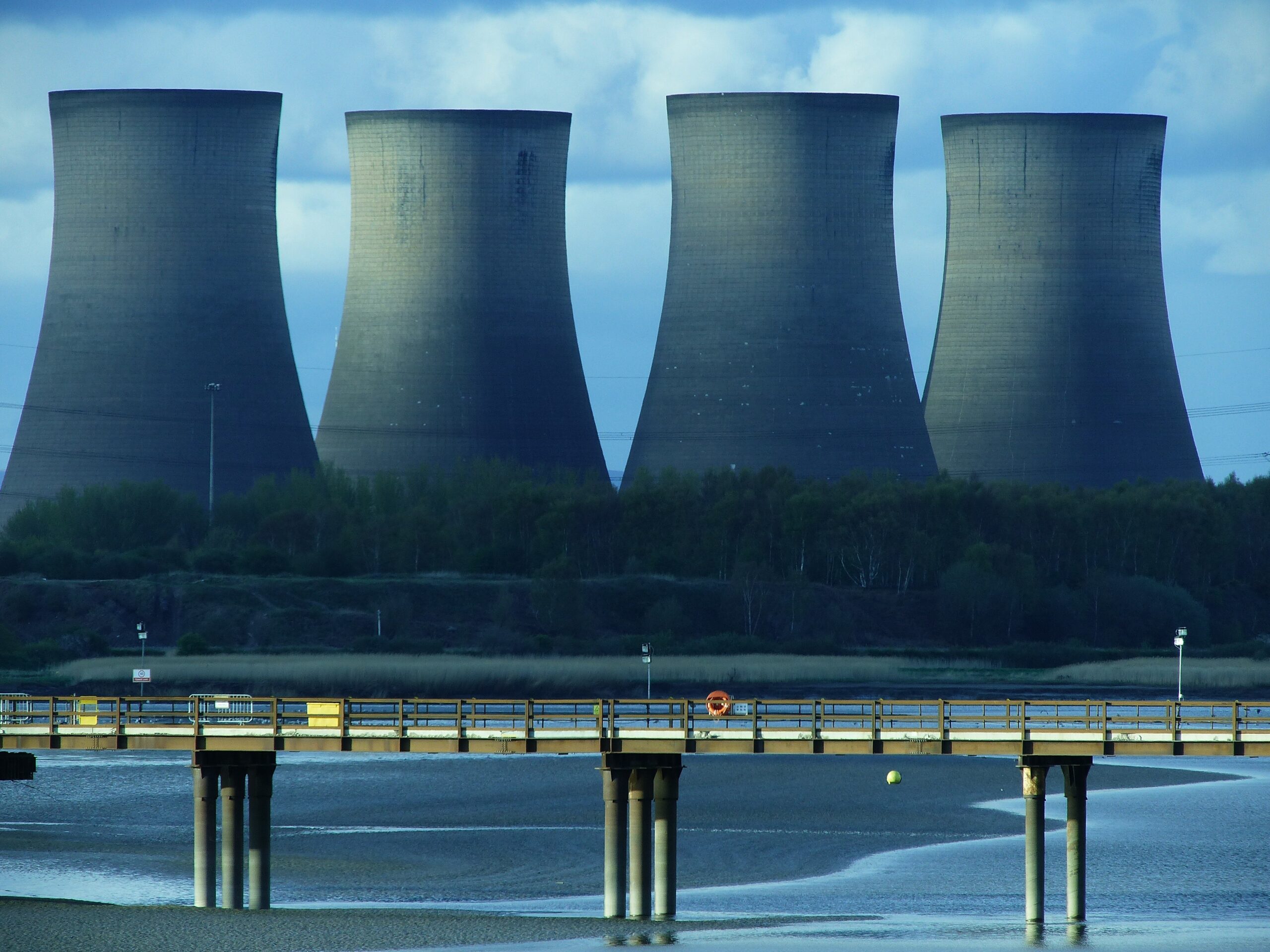
From the start of the Russia-Ukraine war, we have seen global interest fragment across both energy transition and energy security. With several countries being overly reliant on Russian oil and gas, we saw a return to energy sources that the world had been weaning off. For example, Exhibit 1 shows how coal, oil, and nuclear have come back into the fray in multiple locations around the world.

We see that several countries in Europe have relied heavily on coal to meet energy demands post-Russia-Ukraine war. Countries such as Germany, the United Kingdom, and Italy have seen increased coal burning, restarted plants, and the turned on reserve power units fired by coal in order to meet the electricity deficit caused by missing Russian gas imports. Europe has made commitments to phase out coal by 2038, and had reduced its usage by over 250 million tons between 2013 and 2021. However, an increase of almost 30 million tons in 2022 was a big step back for the continent in trying to reach their goal.
Burning oil also made a resurgence in Sweden, Switzerland, and Estonia, akin to coal, as oil-fired power stations saw increased usage, plants were restarted, and new capacity was added in the form of reserve power plants. Though not prevalent throughout Europe it has been a part of the energy network since the 1940s, primarily to deal with peaking energy demands, although the growth of renewable energy had phased the technology out in recent years.
Lastly, we see that nuclear power has seen its longevity extended in Japan and Belgium in order to meet local energy demands. After the Fukushima disaster in 2011, Japan made plans to phase out nuclear power but due to fuel shortages from the COVID-19 pandemic and the Russia-Ukraine war, the country is reverting to nuclear power with extended plant lifespans and new reactors built. In a similar vein, Belgium, set to exit nuclear power in 2025, is restarting them in 2026 as the country projects energy shortages in the near future if the current supply doesn’t change.
Reverting to these fuels comes with implications. It is currently too early to say how energy security concerns have affected the goals for energy transition, but we see that the energy transition can only happen with energy security in place. Recent scares may lead to further investments in renewable sources of energy, but such changes will not be possible without the short-term reliance on oil, gas, LNG, and coal. Overall, it shows that the energy transition will be a messy, chaotic journey with a number of energy forms competing with one another to find their most suitable markets.
ADI Analytics is closely following the global energy transition market. Reach out to learn more about ADI’s energy transition and consulting services.
– Victor Toffoli



















